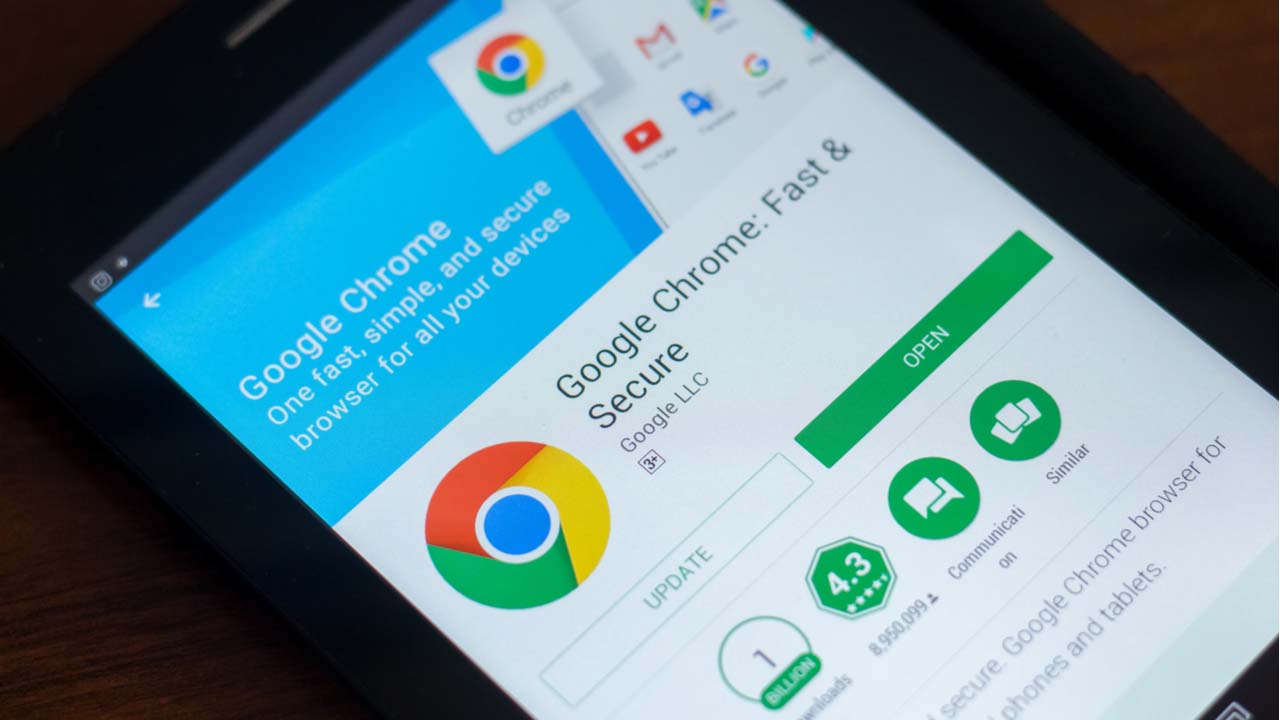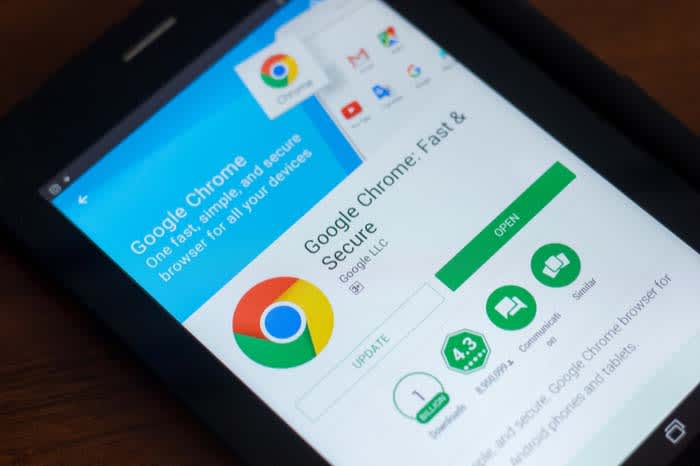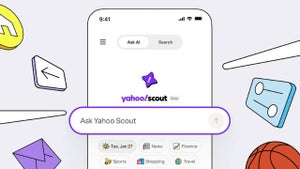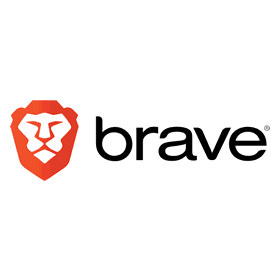News
Google: Pay us or your ad blocker won’t work on Chrome

- May 30, 2019
- Updated: July 2, 2025 at 4:52 AM


Manifest V3, a new development for Google Chrome, could spell disaster for ad blocking.
Many ad blockers work by filtering content a certain way. When a blocker identifies an ad, it shoots it into space and you never see it. But Chrome could soon prevent those ad blockers from getting the information they need to work properly.
Google has responded to extension developers’ concerns over those changes to ad block on their forum page. However, their response came with a bit more concerning news.
“Chrome is deprecating the blocking capabilities of the webRequest API in Manifest V3, not the entire webRequest API (though blocking will still be available to enterprise deployments),” Simeon Vincent, Chrome extension developer at Google, wrote. “Extensions with appropriate permissions can still observe network requests using the webRequest API. The webRequest API’s ability to observe requests is foundational for extensions that modify their behavior based on the patterns they observe at runtime.”
Essentially what Vincent is saying is that some programs will still be able to block ads, but users would have to pay Google for that privilege. Ad blockers for free Chrome users wouldn’t work as well under the new configuration.
Back in January, Google proposed a change to Chrome that would hinder ad blocking programs such as AdGuard and uBlock Origin.
Basically, these programs blocked ads before they even popped up on the screen. The new Chrome development would stop the ad block programs’ requests since those are made before the ad is loaded onto the page.
So what should I do?
If you enjoy an ad-free web-browsing experience, you have plenty of options.
The Brave browser is a logical choice. With its built-in ad blocking it can give you a nice, clean interface. You can also use your favorite Chrome extensions. And the Brave Basic Attention Token provides a way to support your favorite content providers.
We can also recommend Firefox and Opera as great browsers with user-friendly features.
If you want to stick with Chrome, but you still want ad block, you can, but you may need to pay for Chrome Enterprise. In order to do so, you need to contact their sales team and fill out a form to make the request.
We can expect Chrome to take some backlash for this move, as they’ve already been getting it for nearly six months as it is. For current Chrome users, this might be the motivation you need to make the switch.
Jacob Yothment is the assistant content editor for Softonic. He's worked in journalism since high school, and has been a fan of all things technology and video games his entire life. He is a 2016 graduate of Purdue University Northwest.
Latest from Jacob Yothment
You may also like
 News
NewsThese are the titles coming to PlayStation Plus in February
Read more
 News
NewsBrandon Sanderson signs an agreement with Apple TV to adapt this incredible literary universe
Read more
 News
NewsThese new phishing tactics that take advantage of trust among senior executives
Read more
 News
NewsYahoo presents Scout: a free answer engine based on artificial intelligence
Read more
 News
NewsThe new 'Star Wars' movie is going to be unprecedented in one aspect: they have never dared to do something like this
Read more
 News
NewsIn 2025, more games were uploaded to Steam than ever before, but less than 3% have received a thousand reviews
Read more

